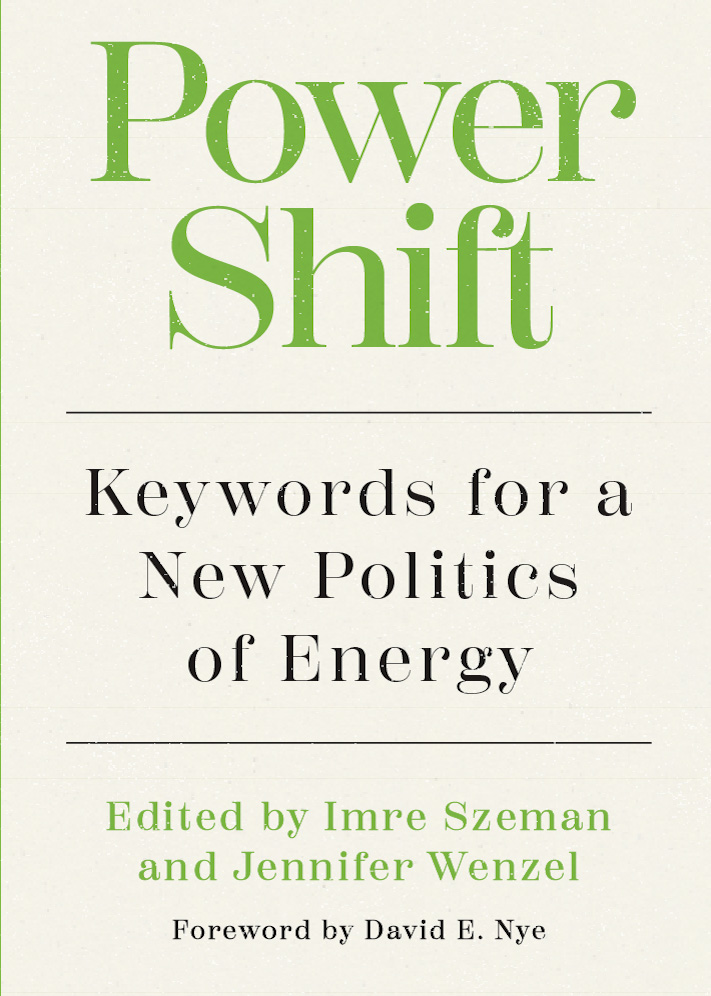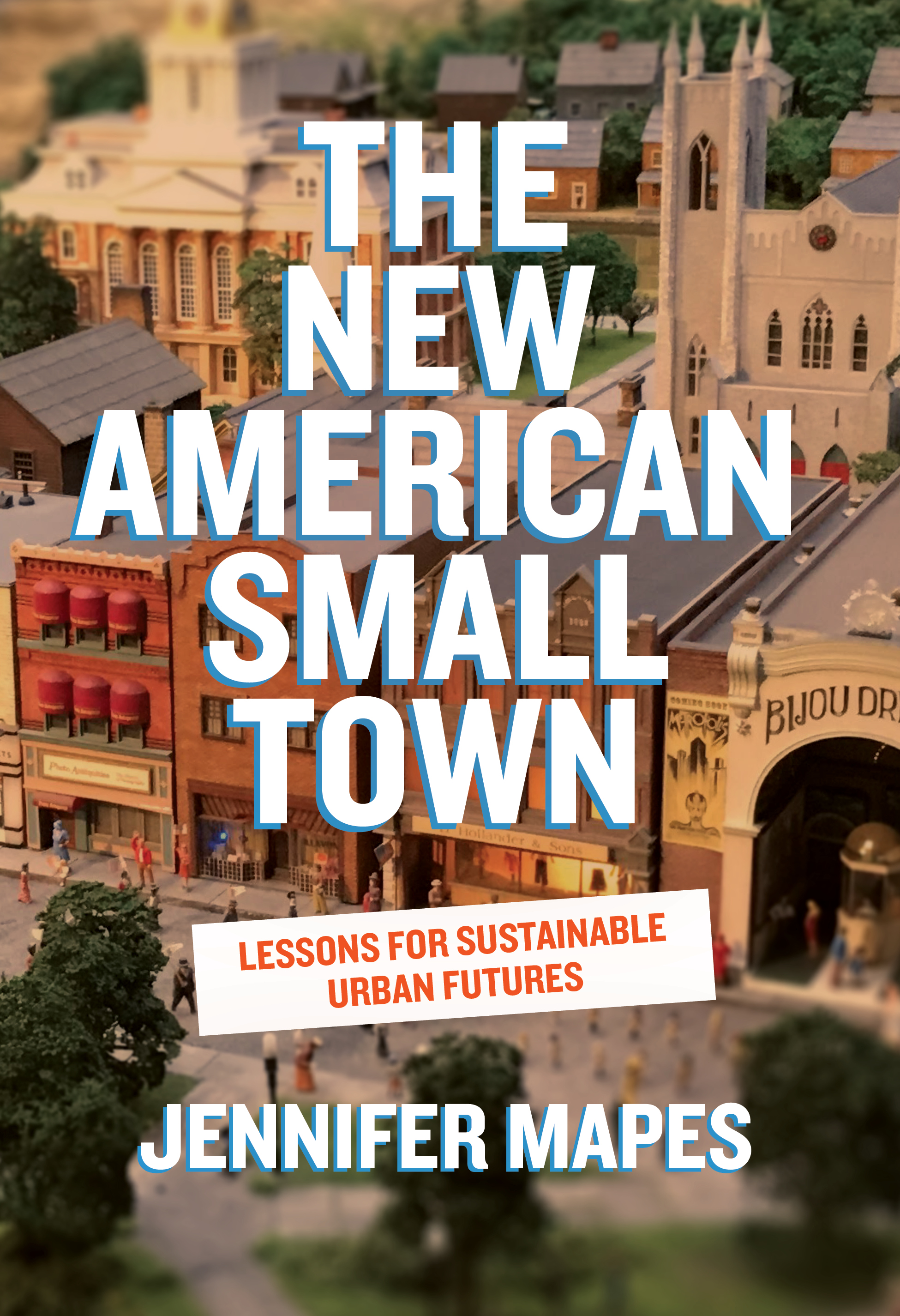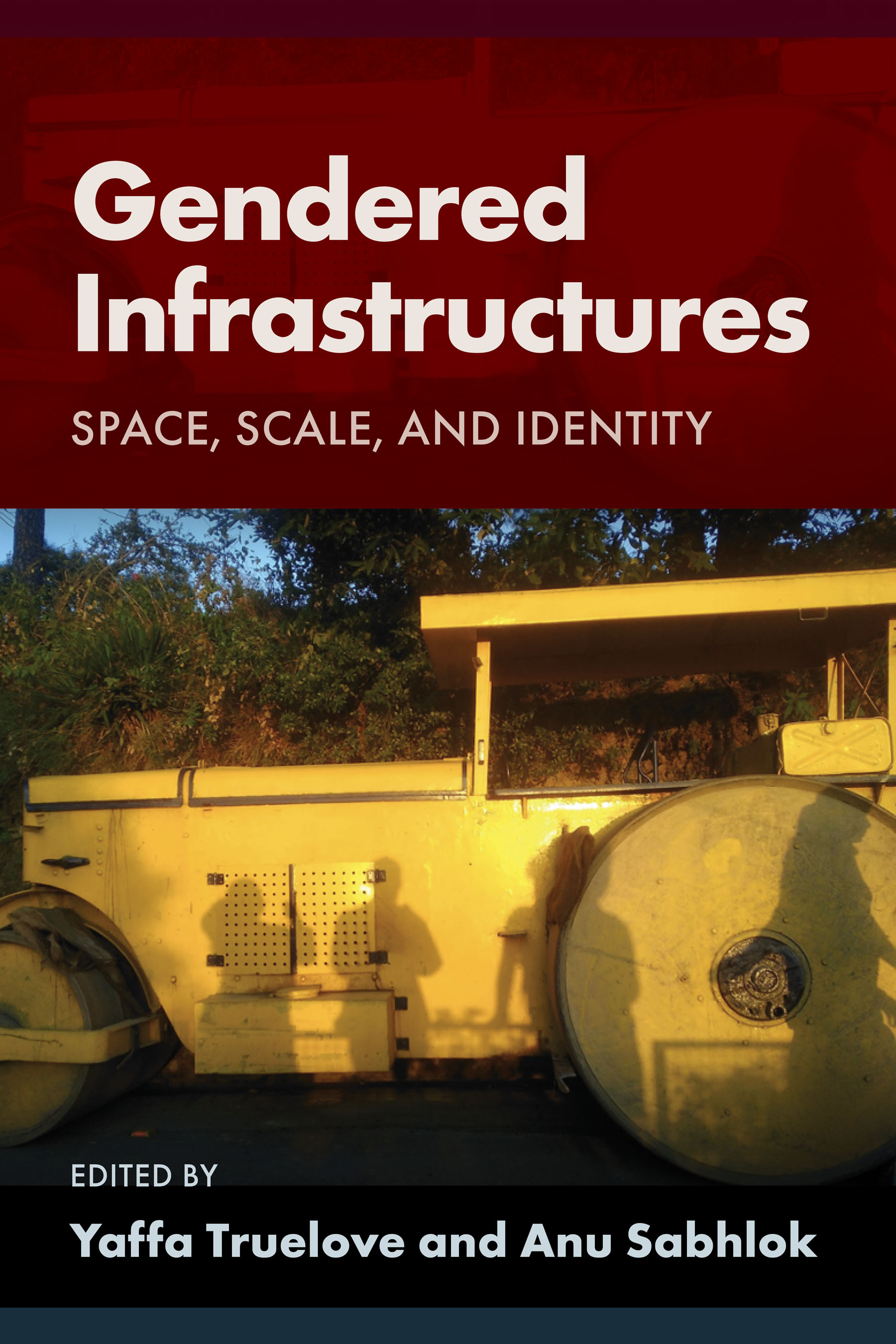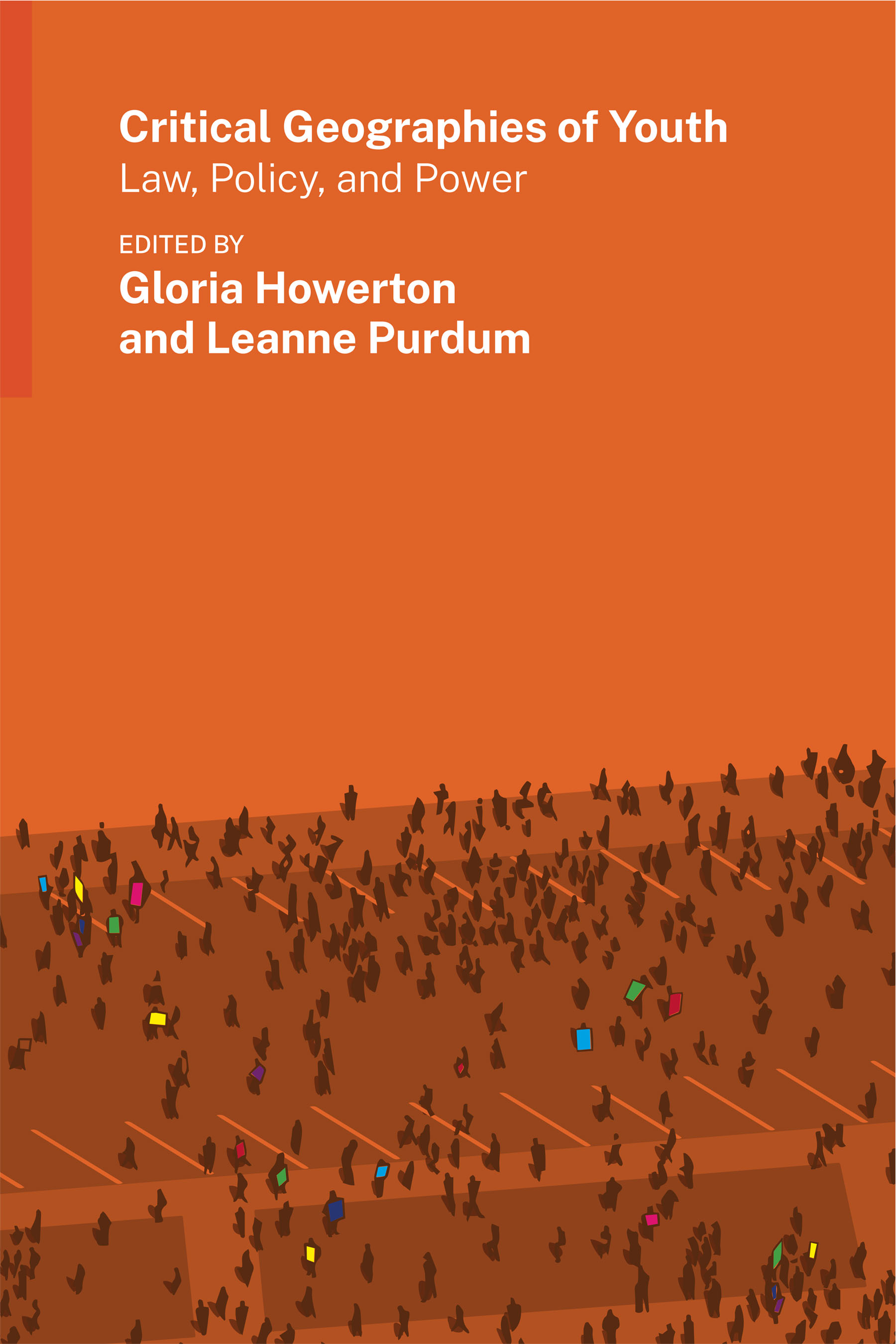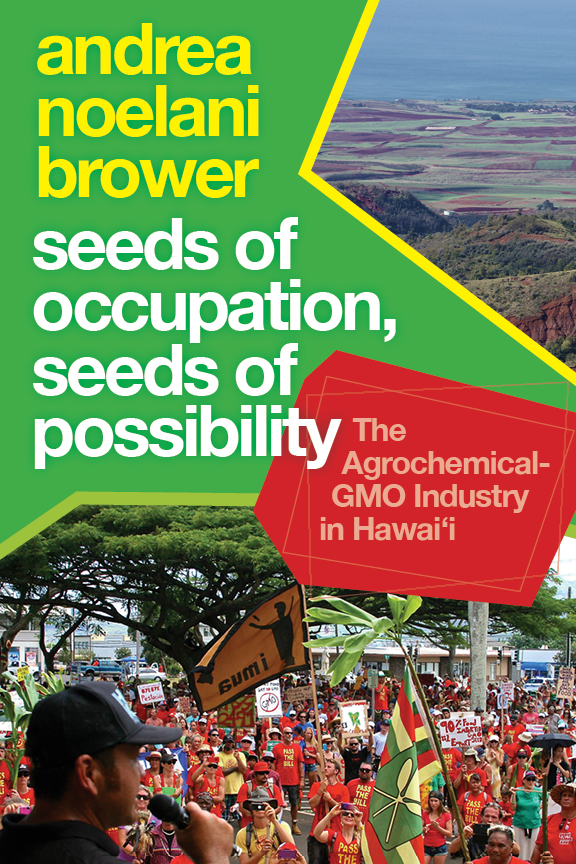
Andrea Noelani Brower
December 2022
224 pp
PB 978-1-952271-69-4 $29.99
eBook 978-1-952271-70-0
$29.99
Radical Natures Series
Seeds of Occupation, Seeds of Possibility
The Agrochemical-GMO Industry in Hawaiʻi
Summary
Hawaiʻi is a primary site for development of herbicide-resistant corn seed and, until recently, was host to more experimental field trials of genetically engineered crops than anywhere else in the world. It is also a node of powerful resistance. While documentaries and popular news stories have profiled the biotech seed industry in Hawaiʻi, Seeds of Occupation, Seeds of Possibility is the first book to detail the social and historical conditions by which the chemical-seed oligopoly came to occupy the most geographically isolated islands in the world and made the soils of Hawaiʻi the epicenter of agrochemical and agricultural biotechnology testing.
Andrea Brower, an activist-scholar from Hawaiʻi, examines the consequences related to genetically engineered seed development for Hawaiʻi’s people and the social movement that has risen in response. With insights beyond the islands, Seeds of Occupation, Seeds of Possibility illuminates why visions for a radically better world must be expanded by intersectional and systemically oriented movements.
Contents
Acknowledgments
Introduction: Contested Futures
1. The Agrochemical-Seed-Biotech Oligopoly
2. Science and Regulation in Service of Capital
3. “GMO Ground Zero”
4. Imperialism and the Making of a Plantation Economy
5. From Sugar to Monsanto
6. The State’s Redistribution of Collective Wealth
7. Resistance Is Fertile
8. Battling Monsanto in an Era of Neoliberal Cynicism
9. Seeds of Possibility
Bibliography
Index
Author
Andrea Noelani Brower is an activist-scholar from Kaua‘i. Her scholarship is rooted in collective movements for justice, equality, liberation, and ecological regeneration. She teaches in sociology, environmental studies, and leadership studies at Gonzaga University.
Reviews
“Where this book differs from other academic studies about power in Hawaiʻi is in its steadfast commitment to demonstrating the power of intersectional resistance. Brower’s interest in capitalism and agrochemical agriculture’s colonization of food production is not only to expose the dangers to human and nonhuman life but also to demonstrate how a resistance that spans ethnicities, classes, genders, and other distinct interest groups derives power from coalition instead of division. This book is a timely examination of Hawaiʻi’s struggles over land and power.”
Kathryn Besio, University of Hawaiʻi at Hilo
“This book is a powerful intervention of truth and transparency into corporate darkness and influence. It explodes the myth of benevolence and the drive to feed the world in the agricultural biotechnology industry. What might seem like battles on the edge of the empire in places like Hawaiʻi can actually be seen as central sites of leadership, resistance, and innovation in grappling against global structures and power. Hawaiʻi’s place as the epicenter for a global battle over our future—the future of our food systems, the impacts of pesticides and herbicides on human health and environment, and the need for courageous actors—is made clear by this work. We need this book.”
Kamana Beamer, University of Hawaiʻi at Mānoa




